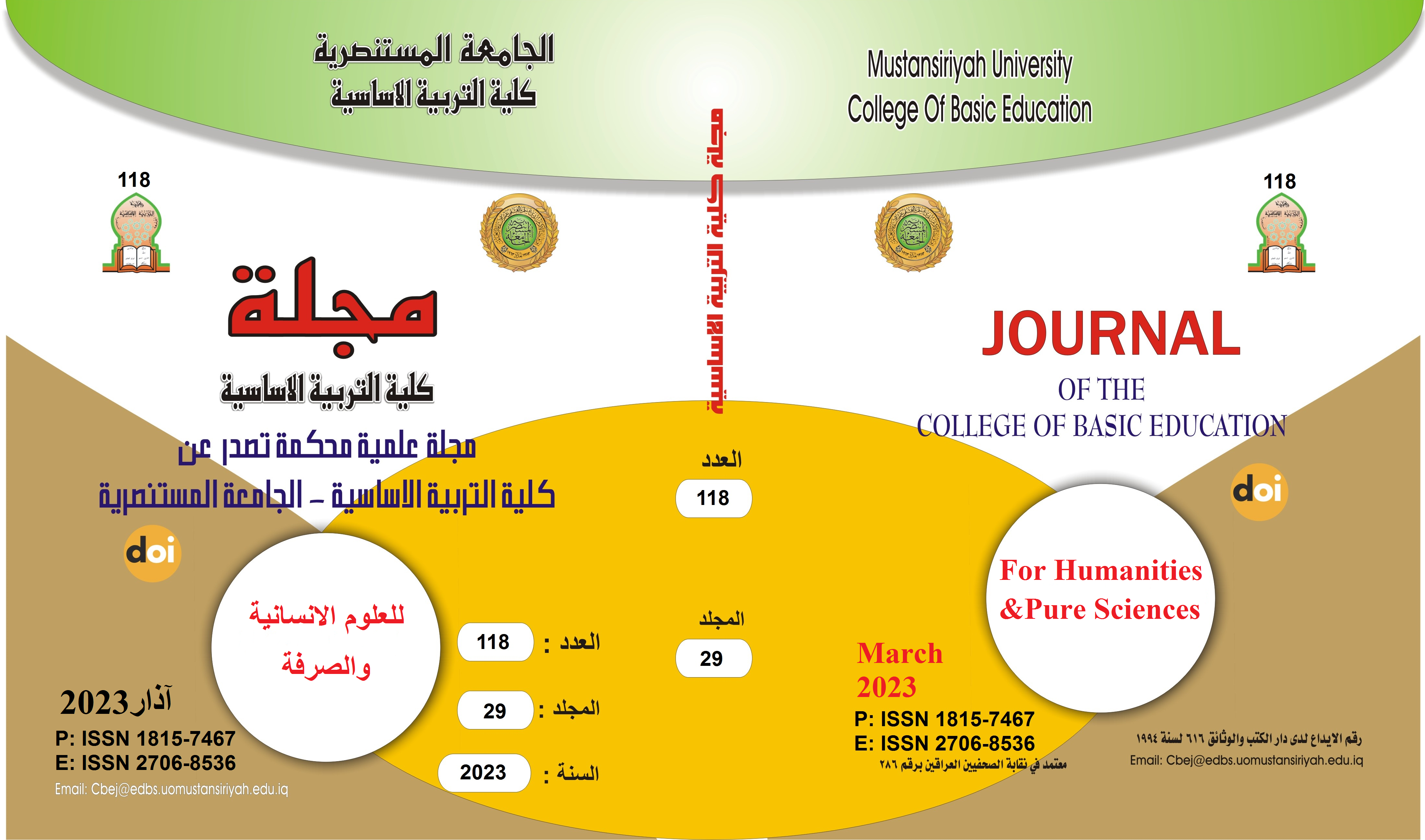A valuable issue on [Washing the touch of the dead] extracted from the manuscript [Nafias Al-Masaa’il] By Sayyid Hassan Sadr al-Din bin Hassan Hadi al-Musawi al-Kadhimi (1272 AH - 1354 AH)
Main Article Content
Abstract
In the name of God, and prayers and peace be upon the Messenger of God, and praise be to God, Lord of the worlds, we praise Him, we seek His help, we seek guidance from Him, and we seek His forgiveness, we seek refuge in God from the evils of ourselves and from the evils of our deeds, whoever God guides will not misguide him, and whoever he misleads you will not find a guiding guardian for him, after that. In this religious research that I put in the hands of your presence, I am discussing an important religious jurisprudence issue in the Muslims’ belief and their lives, which is (in washing the dead), and what it contains of some provisions, for example: Who is obligated to wash by touching the dead, and who is not obligated to wash, and other things. The provisions related to it contained in the issue, which every Muslim, male and female, must understand what it means, and I relied in this research on the main jurisprudential books of the Imami school of thought, in investigating the issue. Writing the research necessitated that I arrange it on the introduction, the study section, and the investigation section, as I made my work in it composed of two parts, as follows: The study section, which is composed of a topic, the first topic: introducing the author’s life, and it included six demands, the first requirement: his name and lineage, the requirement The second: his titles and his family, the third requirement: his birth and death, the fourth requirement: his travels, the fifth requirement: his elders and his disciples, the sixth requirement: his travels and the second topic: the verified text, the first requirement: describing the manuscript copies, the second requirement: the name of the manuscript and documenting its attribution to its author, and the reason F I authored it, and the third requirement: methodological investigation. And the third topic: it is the verified text, from the manuscript (Nafias Al-Masaa’il), the issue of (in washing the touch of the dead).
The purpose of my research is for the Muslim to know when he must perform Ghusl by touching the dead body or part of his body, and who is not obligated to do Ghusl by touching him, following the Sunnah of the Prophet - may God’s prayers and peace be upon him and his family - and I do not hide from you that delving into religious issues is a vast matter, and a vast ocean, It is our duty, as Muslims and researchers, to familiarize ourselves with its aspects and to learn the fundamentals of our religion, and from this idea I came up with the idea of my research so that my message would reach everyone who wants to benefit and learn more about his religion. And that our Lord writes for us and for you the reward. (a)
Article Details

This work is licensed under a Creative Commons Attribution-ShareAlike 4.0 International License.
